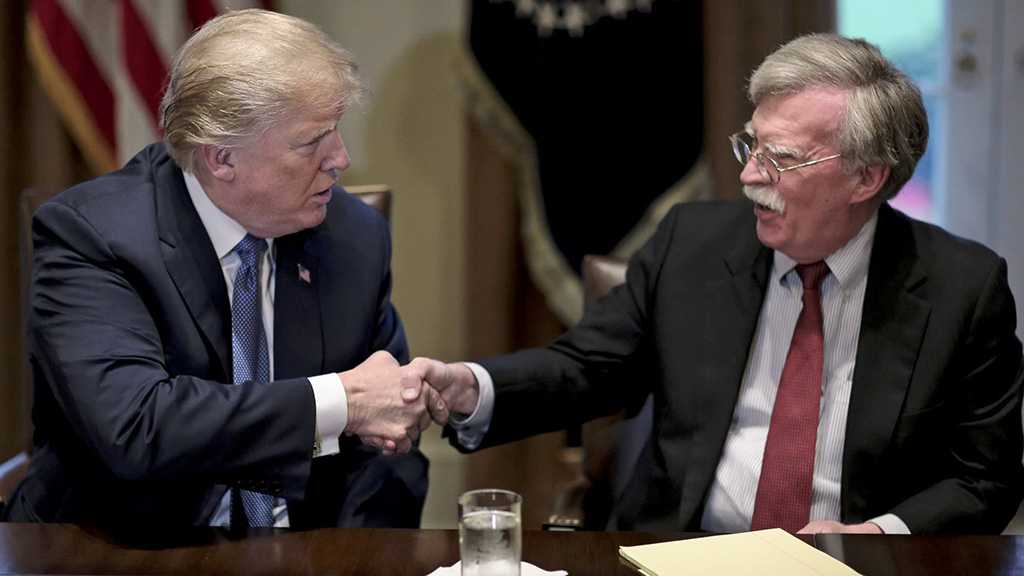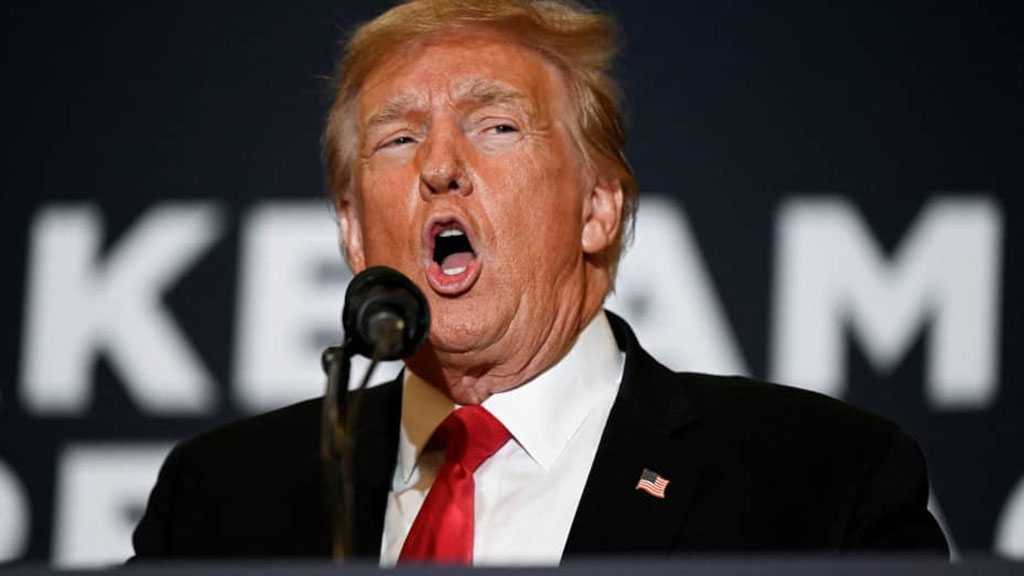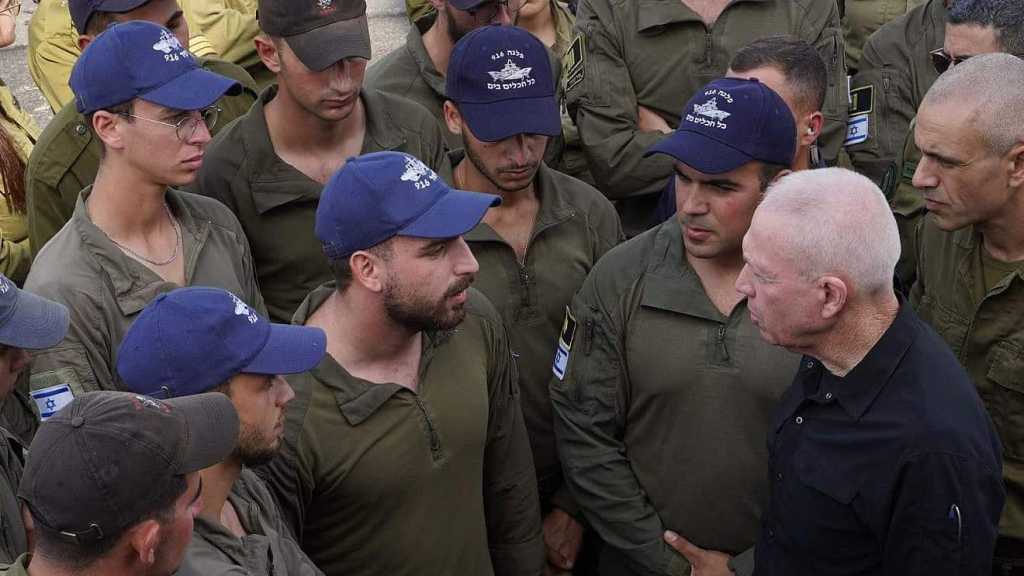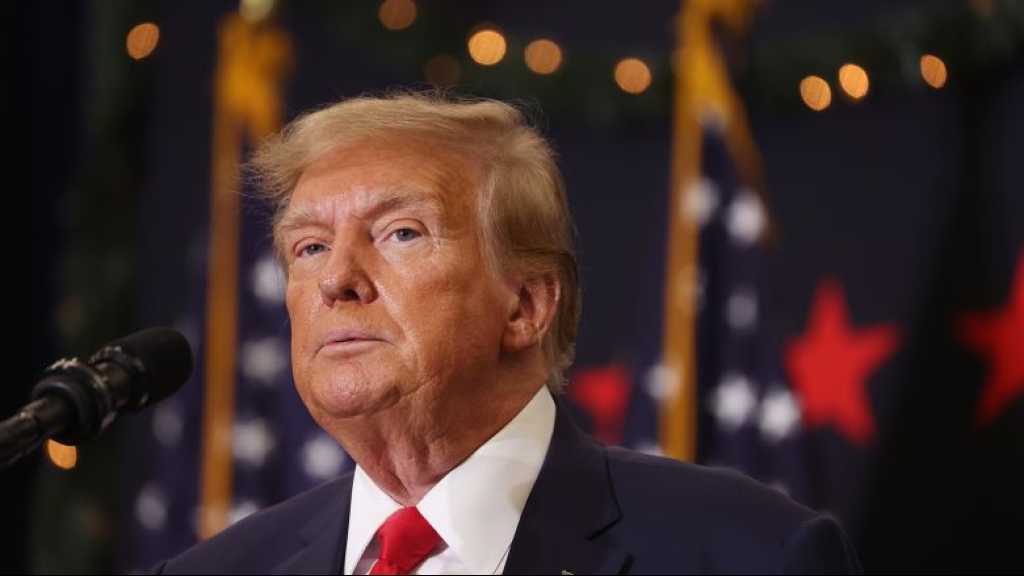
NYT: Pentagon Officials Fear Bolton’s Actions Increase Risk of Clash with Iran

Local Editor
Senior Pentagon officials are voicing deepening fears that President Trump’s hawkish national security adviser, John R. Bolton, could precipitate a conflict with Iran at a time when Trump is losing leverage in the Middle East by pulling out American troops.
At Bolton’s direction, the National Security Council asked the Pentagon last year to provide the White House with military options to strike Iran, the War Department and senior American officials said on Sunday.
In response to Bolton’s request, which The Wall Street Journal first reported, the Pentagon offered some general options, including a cross-border airstrike on an Iranian military facility that would have been mostly symbolic. But Mattis and other military leaders adamantly opposed retaliating, arguing that the attack was insignificant — a position that ultimately won out, these officials said.
Such a strike could have caused an armed conflict and could have prompted Iraq to order the United States to leave the country, said a senior American official, who spoke on the condition of anonymity to discuss internal policy deliberations.
Since Bolton took over from H.R. McMaster in April, he has intensified the administration’s policy of isolating and pressuring Iran — reflecting an animus against Iran’s leaders that dates back to his days as an official in the George W. Bush administration. As a private citizen, he later called for military strikes on Iran, as well as regime change.
Bolton has made headway on some issues, like persuading Trump to withdraw from the Iran nuclear deal, but has had less success with others, like maintaining an American military presence in northeastern Syria to counter Iranian influence — something Bolton vowed to do only weeks before the president announced in December that he was pulling out.
Earlier this month, he warned Iran against launching three spacecraft, describing them as a pretext for testing missile technology that is necessary to carry a warhead to the United States and other nations. His statement appeared aimed at building a legal case for diplomatic, military or covert action against the Iranian missile program.
It was surprising because Iran has used these modest space missions, mostly to deploy satellites, since 2005. The senior American official said that the Pentagon and the intelligence agencies disagreed with Pompeo’s interpretation of the threat posed by the satellite launches.
Speaking on Sunday on CBS’s “Face the Nation” during a visit to Abu Dhabi, in the United Arab Emirates, Pompeo discounted the argument that Trump’s decision to withdraw 2,000 American troops from Syria in the coming months undercuts Washington’s ability to achieve its other goals in the region.
“That certainly includes in Syria,” he said. “It certainly includes into Iran, if need be.”
On Sunday, Pompeo declined to comment about The Journal’s report. On each stop of his Middle East trip, Pompeo, a former Army officer, has spoken of the need to counter Iran, but has not talked of military action.
When McMaster, then a three-star Army general, took over as national security adviser in early 2017, he ordered a new overall war plan for Iran. Mattis, who is himself an Iran hawk from his days as a Marine Corps commander in the region, delivered options. But those plans were not for the kind of pinpoint strikes that Bolton envisioned after the attack on the American Embassy on Sept. 6.
On the Sunday following the attack, the senior American official said, Bolton’s deputy at the time, Mira Ricardel, convened an emergency meeting of national security aides to Trump, called a deputies committee meeting, and asked for retaliatory options.
What happened next illustrates Bolton’s management style. As the president’s national security adviser, he has largely eliminated the internal policy debates that could air high-level disagreements.
Bolton does not want to hear opposing views, these officials said, abhors leaks and wants to control everything that flows to the president. But the result is that there is not much consideration of options and, more important, the risk of escalation, according to these people.
The Pentagon declined to comment on Bolton’s request for military options.
The past few days have been turbulent for Bolton. He traveled to Turkey to present a list of conditions for the Syria withdrawal, including a pledge by the Turks not to attack America’s Kurdish allies in Syria. President Recep Tayyip Erdogan rejected that demand and refused to see Bolton.
On Sunday, Trump backed up his national security adviser, declaring on Twitter that the United States would “devastate Turkey economically if they hit Kurds.”
With Pompeo overseeing the nuclear negotiations with North Korea and taking a prominent role on China policy, Bolton has made Iran the heart of his focus as national security adviser. He scored an early victory when Trump withdrew from the nuclear deal negotiated by his predecessor, Barack Obama.
McMaster, backed by Mattis and former Secretary of State Rex W. Tillerson, had talked Trump out of withdrawing from the deal on multiple occasions. Even Pompeo tried to salvage the deal with the Europeans in the days before the president’s decision.
In March 2015, when Obama was negotiating the agreement, Bolton called for a military strike on Iran, writing in The New York Times that diplomacy would never prevent it from acquiring nuclear weapons.
Before he joined the Trump administration, Bolton advocated “the overthrow of the ‘mullahs’’ regime in Tehran.” Once in office, he told Voice of America that leadership change was “not the objective of the administration.”
The news of Bolton’s effort to find a way to strike back at Iran comes as evidence is rising that Tehran is considering — or at least threatening — to leave the nuclear agreement.
The chief of Iran’s nuclear program, Ali Akbar Salehi, an M.I.T.-educated physicist who helped negotiate the deal, said on Sunday that Tehran had begun “preliminary activities for designing” a process for enrichment of uranium.
Salehi said the country wanted to produce “modern fuel” for its Tehran Research Reactor, a small, aging reactor that was given to it, during the shah’s reign, by the United States.
Source: NYT, Edited by website team
Comments



